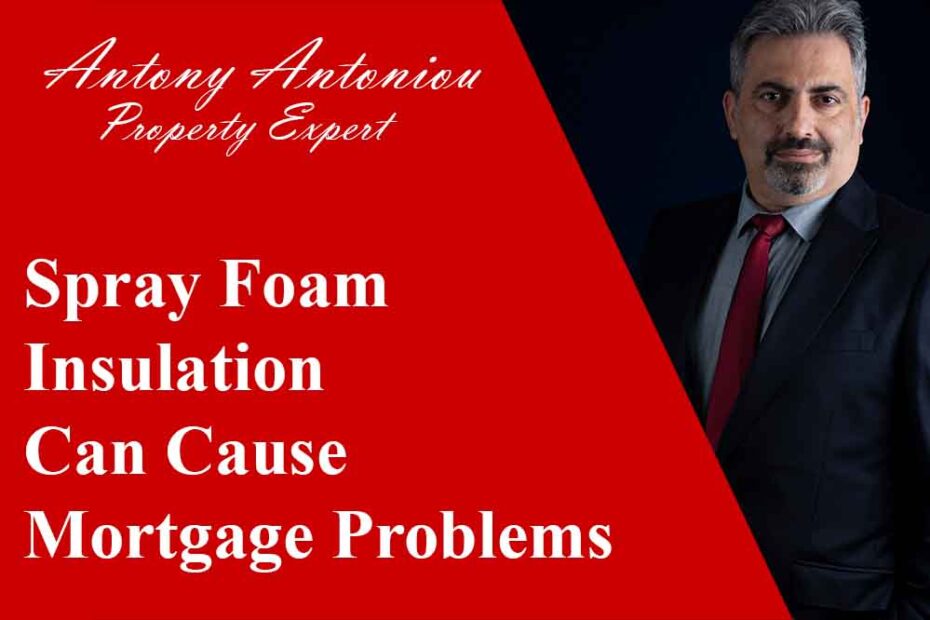Spray Foam Insulation Can Cause Mortgage Problems
The Unseen Consequences of Spray Foam Insulation in Your Loft
Introduction:
Spray foam insulation (SPF) has gained popularity for its impressive insulating properties and energy efficiency benefits. However, homeowners are increasingly discovering that this seemingly innocuous addition to their homes can have unintended consequences. In this blog post, we will explore how SPF in your loft can potentially render your property unmortgageable and the steps you can take if you find yourself facing this issue.
What is SPF?
SPF, or spray foam insulation, is a liquid that expands and solidifies upon application, creating an airtight seal. While this may sound like a good thing for insulation purposes, it can lead to significant problems when it comes to your property’s structure.
The Concerns:
1. Restricted Air Circulation:
The airtight seal created by SPF restricts air circulation in your loft. This lack of airflow can result in condensation, which, over time, can weaken or even rot the roof supports, such as rafters.
2. Strain on Roof Timbers:
Depending on the type of SPF used, it can become rigid and strain the roof timbers, causing distortion and instability in your roof structure.
Can You Remove SPF?
Removing SPF is not a straightforward task. Open-cell spray foam insulation is easier to remove and replace, while closed-cell SPF is more stable but can be expensive and challenging to remove. Lenders may still have reservations even if you decide to remove the insulation, especially if it has been in place for several years.
Seeking Professional Advice:
Before taking any drastic actions, it’s crucial to seek professional advice or commission a surveyor to assess the situation. They can provide insights into the risks associated with SPF and help you make informed decisions.
The Impact on Mortgages:
Several homeowners have faced the unfortunate situation of losing potential sales because of SPF in their lofts. Mortgage lenders have responded with anything from outright refusals to requiring substantial repairs that can cost tens of thousands of pounds. Lenders are concerned that long-term damage may have already occurred due to the insulation.
Conclusion:
If you’re a homeowner or planning to sell your property, it’s essential to be aware of the potential issues associated with SPF in your loft. Before marketing your property, consider checking if SPF has been installed and weigh your options accordingly. Additionally, if you’re considering equity release, note that no equity release fund will consider a property that has had spray foam insulation.
Lastly, if you’re looking to improve your property’s energy efficiency and insulation, it’s advisable to opt for traditional insulation methods rather than spray foam, given the concerns surrounding its long-term impact on property structures.
Informed decision-making is key when it comes to SPF in your loft, as it can have far-reaching consequences for your property’s value and mortgage eligibility.

